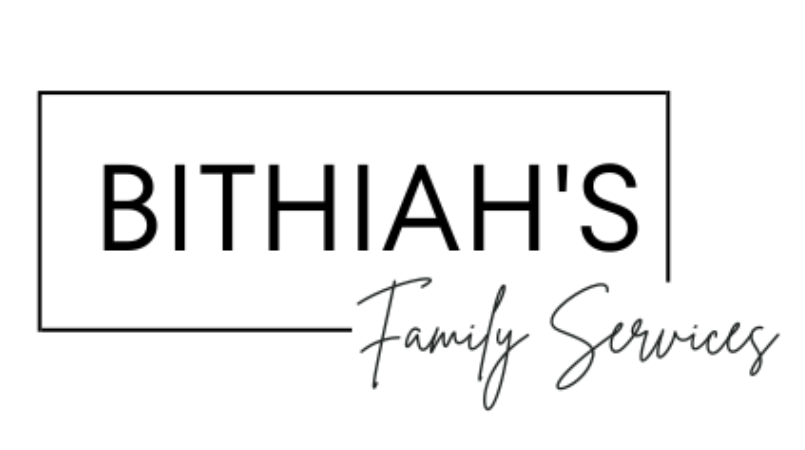Over a decade ago, my husband and I were preparing to enter into the world of foster care and adoption. Bright eyed and bushy tailed, we knew very little of what to expect, but we were excited and hopeful. To say we were eager is quite an understatement. We took the very best notes in our training classes, asked questions, spoke to adoptive and foster parents and of course read books. Lots and lots of books. We learned words like attachment, reunification, dysregulation, and complex trauma.
One of the books we read was “Primal Wound: Understanding the Adopted Child” by Nancy Verrier. In this book, Nancy talks about a “primal wound” that develops when a mother and child are separated by adoption shortly after childbirth. It describes the mother and child as having a vital connected relationship which is physical, psychological and physiological, and examines the effects of disrupting such bonds. A central theme in this book is that regardless of the way the adoption is presented and handled by adoptive parents, these memories will have profound effects on the emotional and psychological well-being of the child and adult adoptee.
As I read this book, I remember feeling a bit cynical. How is it possible, that a child would have lifelong effects if we have given them love, stability and a healthy chance to process the adoption? If the child barely remembers their birth parents, specifically their birth mother, what would there be to grieve? Doesn’t love fix it all?
It wasn’t until the last few years, that I realized how very wrong I was. How arrogant of me to think that a stable home life could erase the trauma and the loss of the bonding, attachment, and connections they had physically, mentally, emotionally, and spiritually with their birth mother.
This grief is very real. There are questions, tears, and so much sadness. All filtered through the eyes of a little one. How can I even begin to help her process this, when as an adult I struggle to process it myself?
I find myself teetering between the extremes- constantly talking about their birth parents or tiptoeing around the whole subject. Neither of which is healthy. When I begin to flounder and feel inadequate, I go back to “Primal Wound” and remember Verrier’s tips.
Verrier offers hope.
She gives 5 Cardinal Rules for Adoptive Parents
- Never Threaten Abandonment – It is what the child expects, but no matter how hard they push for it, it is not what they want.
- Acknowledge your Child’s Feelings – Never say to the child, “You shouldn’t feel that way.” Everyone has a right to their feelings. feelings come from the unconscious. These feelings mean something and should be acknowledged and respected.
- Allow your Child to be Themselves- Withdraw expectations which are alien to their personality and talents and value their personality.
- Do not Try to Take the Place of the Birthmother- Both are the child’s real mother. She is the real biological mother and you are the real nurturing mother. The child can love you both, just as you can love more than one child.
- You Cannot Take Away your Child’s Pain- The child must work through it for themselves.
Although these seem like simple ideas, they can be hard to do when there are tears, questions, and big feelings at the most unexpected time.
I try to be liberal with applying grace to myself as I learn to navigate these waters of grief. I am learning to listen as they continue to process. I’m trying (sometimes fumbling) to read cues and simply just be with them instead of trying to help fix or give words to the pain. Though I (often) fall short, I hope that they will have patience and grace with me as I try and learn from them.

